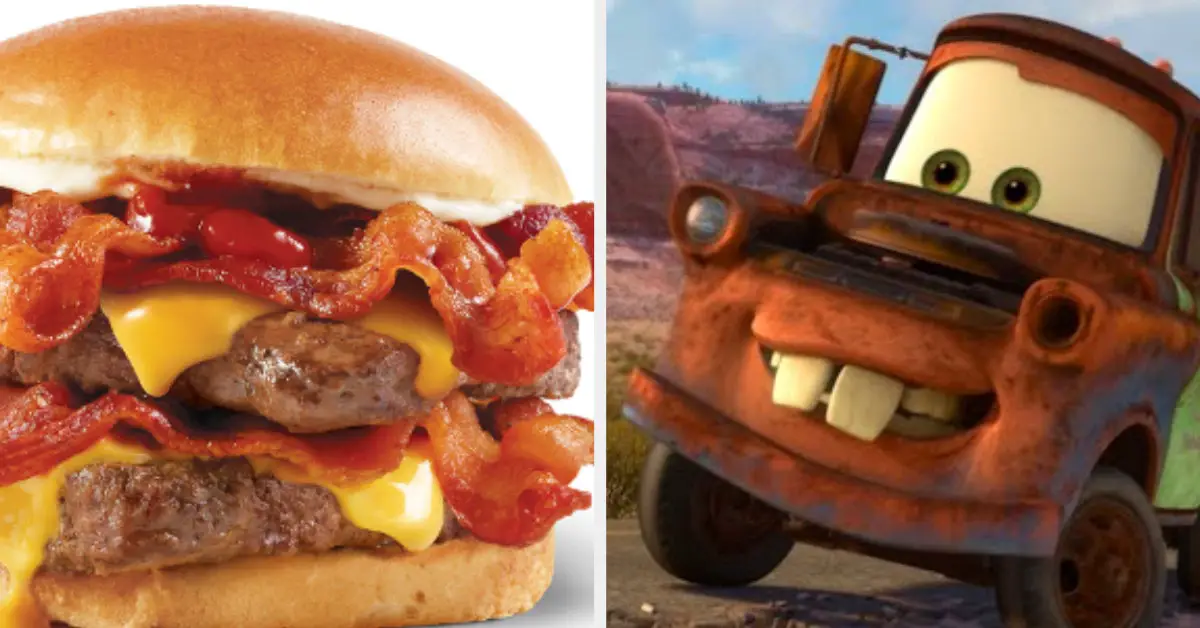from the hassled-by-the-behatted-Man dept
Thanks to drug legalization, there’s a new “drug corridor” that Kansas law enforcement is taking advantage of. Colorado legalized recreational marijuana use in 2012. Ever since then, state troopers have camped out on I-70 to stop people heading to or from the weed-friendly state. It’s weird to call a road leading to a state with legalized drugs a “drug corridor” (in the sense that this generally refers to illegal drug trafficking), but here we are.
And here’s how the Kansas Highway Patrol has taken advantage of traffic flowing in and out of the state on I-70.
Ninety-three percent of the Kansas Highway Patrol’s traffic stops in 2017 involved cars with out-of-state plates, according to a lawsuit challenging the practice as an infringement on motorists’ constitutional rights.
That lawsuit — originally filed in handwritten form in 2019 — now has the backing of the ACLU. And there are more lawsuits in progress, all of them targeting the law enforcement agencies that have targeted drivers with out-of-state plates for pretextual stops. The stops start out innocuously enough, but soon become extended ad hoc investigations by opportunistic officers — something that often includes summoning of a drug dog to do some exploratory sniffing.
Detention of Blaine Shaw after stopped for speeding on Interstate 70 while on a trip from Oklahoma to Colorado snowballed Monday into a trial challenging constitutionality of the Kansas Highway Patrol’s policy of targeting out-of-staters and other suspicious people for vehicle searches by drug-sniffing dogs.
Shaw and his brother, members of the Osage Nation and residents of Oklahoma City, were on their way to Denver to visit family and friends in December 2017 when pulled over near Hays. KHP trooper Doug Schulte reported he clocked Shaw driving 91 mph in the 75-mph zone. The trooper wrote a ticket for the infraction to conclude the stated purpose of the stop and told the brothers to have a safe trip. Schulte began to walk away, but executed a maneuver cynically known as the “trooper two-step” and returned to Shaw’s open window.
“Hey Blaine,” his lawyer recounted during opening argument of Blaine Shaw’s lawsuit against Schulte, “can I ask you another question?”
Before we get into the details of this and the other cases discussed in this article, let’s discuss the opening paragraph. “Out-of-staters and other suspicious people” is just bad writing. I mean, it sounds like a cop wrote it. Data shows troopers are primarily targeting out-of-state drivers, something they appear to believe is “suspicious.” There’s nothing inherently suspicious about out-of-state plates on a car traveling on an interstate highway. That should be expected, rather than considered reasonable suspicion for a stop.
And officers don’t know whether or not people are “suspicious” until after they’ve extended the stops using a process so common it has a nickname: the “two-step.” It’s the “oh, one more thing” Columbo used so well, but it’s abused by officers who are unconstitutionally extending stops to go on fishing expeditions. The Supreme Court outlawed this sort of thing in 2015. Once the “objective” of the stop is complete, officers can’t extend the stop unless they have reasonable suspicion some other criminal activity has occurred.
Here’s how the process works on I-70, according to this earlier reporting on the Shaw’s lawsuit.
The way the “Kansas Two Step” works is this: A trooper stops a vehicle with out-of-state plates under the pretense of a minor traffic violation. The trooper issues the driver a ticket or warning for the infraction, then turns around and takes a couple of steps away from the vehicle before turning around and asking the driver to agree to answer additional questions. When the driver denies transporting anything illegal, the trooper requests consent to search the car. If the driver declines to consent to a search, the trooper detains the driver for a canine drug search.
Clearly unconstitutional under Supreme Court precedent. Hence the lawsuits.
Most of that stop was recorded, either by the officers’ cameras or Blaine Shaw’s phone. The stop was extended for 45 minutes after the trooper gave Shaw his speeding ticket.
The same thing happened to Joshua Bosire, who was stopped for speeding while driving a rental car with Missouri plates. He was held for 45 minutes while the KHP trooper brought in a drug dog. The dog didn’t alert and, an unconstitutional length of time later, Bosire was free to go. A virtually identical stop was imposed on a family driving an RV with temp tags issued in Colorado. They, too, were forced to wait around until a drug dog arrived. It too failed to alert. Nearly an hour after the trooper issued the driver a warning, the family was finally free to go.
And this is the sort of thing Kansas state troopers (who love them some asset forfeiture) think is “reasonably suspicious.”
Schulte’s antenna went up when he noticed the van contained gear as if the brothers were temporarily living in it while making a quick trip to Colorado to buy marijuana and deliver it to Oklahoma. Chalmers said it was suspicious to the KHP trooper that Shaw was driving his father’s van because traffickers generally didn’t use their own cars or trucks when hauling drugs due to asset forfeiture laws.
So, never borrow a car, I guess. The whole thing about “living in it” is weird, because it’s not as though it takes several days to travel from Oklahoma to Colorado. On top of that, there’s this postscript, which shows that even if Shaw was headed to Colorado to buy weed, he was legally entitled to do exactly that.
KHP required Shaw to report to a nearby law enforcement office so copies could be made of his medical records, Colorado identification card and medical marijuana registration.
If there’s anything that looks suspicious, it’s these troopers’ actions. These are roadside fishing expeditions that show troopers aren’t looking for traffic violations or actual criminal suspects, but just hoping that stopping enough out-of-state drivers will net them some “drug” money. All of this violates the Supreme Court’s 2015 decision and all of it happened past that point, so it’s going to be tough for the troopers to claim they’re entitled to qualified immunity. That immunity only works if there’s no on-point precedent. In these cases, the nation’s top court put cops on notice more than four years before these stops that this was no longer permissible.
Filed Under: kansas, pretextual stop
Source link











Leave a Reply